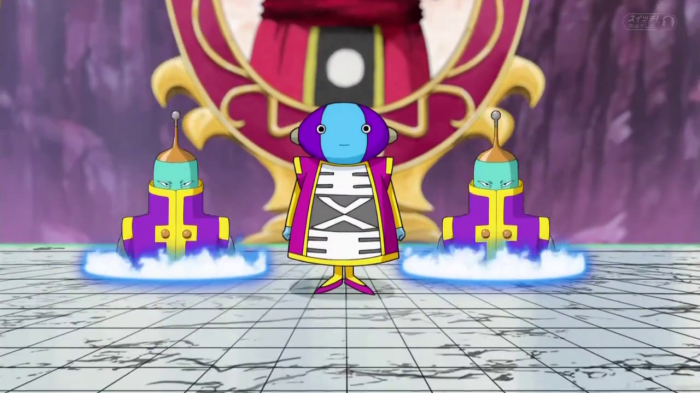Greek philosopher zeno of crossword clue – Unveiling the enigmatic figure of Greek philosopher Zeno of Elea, this discourse delves into his profound contributions to the realm of philosophy. As we explore his renowned paradoxes, we will unravel the complexities of motion, space, and time, revealing the enduring legacy of this influential thinker.
Zeno’s incisive paradoxes, such as the Dichotomy Paradox and the Achilles and the Tortoise Paradox, challenged conventional notions of movement, introducing a profound skepticism that has shaped philosophical thought for centuries.
Zeno of Elea: Greek Philosopher Zeno Of Crossword Clue

Zeno of Elea (c. 490-430 BCE) was a pre-Socratic Greek philosopher known for his paradoxes that challenged the prevailing notions of motion, space, and time. His work laid the foundation for the development of logic and mathematics, influencing subsequent philosophers and shaping the course of Western thought.
The Dichotomy Paradox
Zeno’s Dichotomy Paradox argues that motion is impossible because any object must first traverse an infinite number of smaller distances. For example, to move one meter, an object must first move half a meter, then a quarter of a meter, then an eighth of a meter, and so on.
Zeno reasoned that since there are an infinite number of such distances, the object could never actually reach its destination.
The implications of this paradox are profound, as it suggests that the concept of motion may be fundamentally flawed. It challenges the assumption that space is infinitely divisible and raises questions about the nature of infinity and the limits of our understanding.
The Achilles and the Tortoise Paradox
Zeno’s Achilles and the Tortoise Paradox is another famous argument that challenges the notion of motion. It posits that the swift-footed Achilles can never overtake a slow-moving tortoise in a race. This is because, by the time Achilles reaches the point where the tortoise was, the tortoise has already moved forward.
Achilles must then reach that new point, but again, the tortoise has moved ahead. This process continues indefinitely, with Achilles never quite catching up.
This paradox highlights the difficulty in reconciling the concepts of continuity and infinity. It suggests that even if motion is possible, it may not be possible to complete a journey in a finite amount of time.
Zeno’s Influence on Later Philosophers, Greek philosopher zeno of crossword clue
Zeno’s paradoxes had a profound influence on the development of Greek philosophy. They forced philosophers to re-examine their assumptions about the nature of reality and the limits of human knowledge. Aristotle, for example, developed his own theory of motion in response to Zeno’s paradoxes, arguing that motion is a continuous process rather than a series of discrete steps.
Zeno’s work also influenced the development of logic and mathematics. His paradoxes demonstrated the need for rigor in reasoning and the importance of clear definitions. They helped to establish the foundations of modern logic and mathematics, shaping the way we think about the world today.
Detailed FAQs
What is Zeno’s most famous paradox?
Zeno’s most famous paradox is the Dichotomy Paradox, which argues that motion is impossible because any movement requires an infinite number of steps.
How did Zeno’s paradoxes influence subsequent philosophers?
Zeno’s paradoxes had a profound influence on subsequent philosophers, including Aristotle, who attempted to refute them. His ideas also influenced the development of logic and mathematics.


